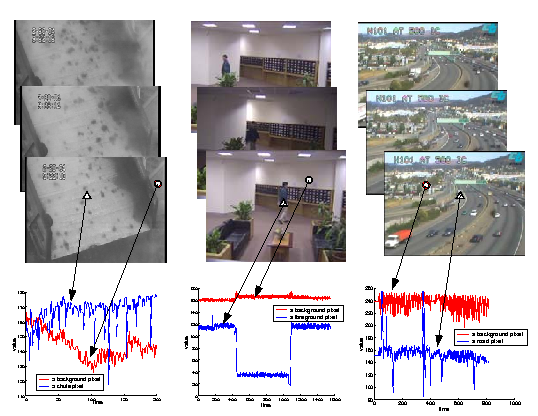
Real-time Discriminative Background Subtraction
We examine the problem of segmenting foreground objects in live
video when background scene textures change over time.
We formulate
background subtraction as minimizing a penalized instantaneous risk
functional--- yielding a local on-line discriminative algorithm that can quickly
adapt to temporal changes. We analyze the algorithm's convergence, discuss its
robustness to non-stationarity, and provide an efficient non-linear extension
via sparse kernels. To accommodate interactions among neighboring pixels, a
global algorithm is then derived that explicitly distinguishes objects versus
background via maximum a posteriori inference in a Markov random field
(implemented via graph cuts). By exploiting the parallel nature of the proposed
algorithms, we develop an implementation that can run efficiently on parallel
graphics processors, suitable for real-time video analysis >=75 fps on a
mid-range GPU.
n
From left to right:: three typical scenarios that are characterized by these non-stationary background distributions: drifting, jumping and multi-modal switching.
We
explicitly connect the problem of background subtraction to work in
on-line learning and novelty detection, which
possess a rich literature and well-studied theoretical principles. In addition,
we present a series discriminative on-line learning algorithms based on kernels
(called SILK and SILK-GC) that provide a
principled method for modeling the spatial-temporal
characteristics of the
background subtraction problem. our algorithm is designed to work with GPUs,
yielding a processing speed of 60-120 frames per second (FPS).
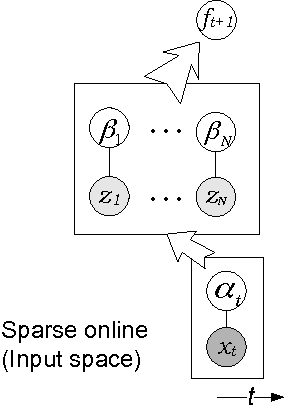 |
Results: (readme)
Code:
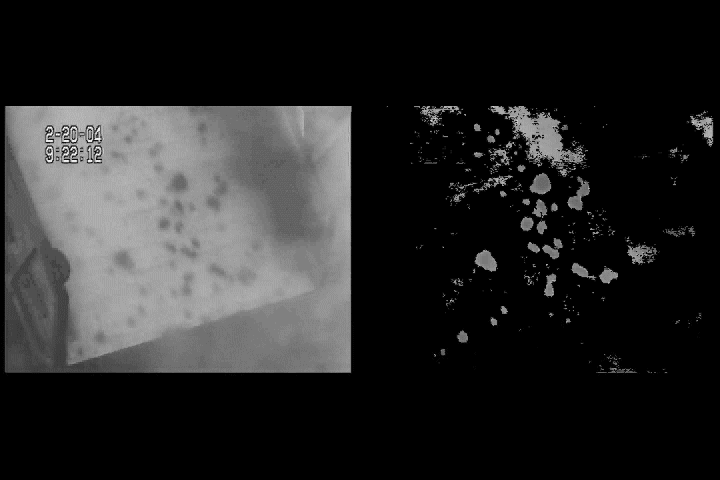 |
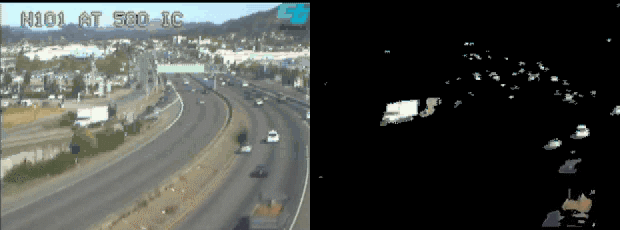 |
|
beach |
Tree |
Lights |
Jug |
Railway | |
| an image |
 |
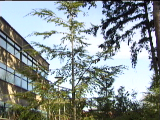 |
 |
 |
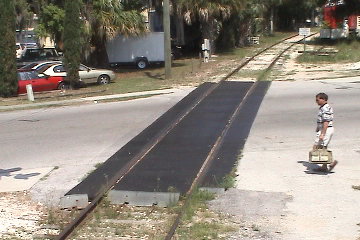 |
| curr image |
 |
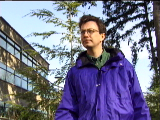 |
 |
 |
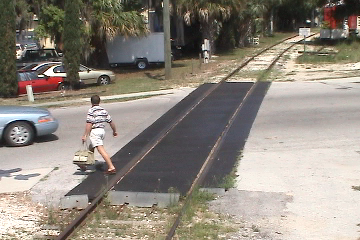 |
| Grd. Truth |
 |
 |
 |
 |
 |
| MoG |
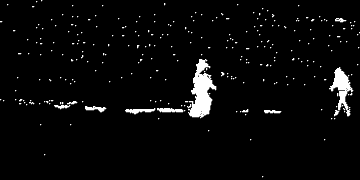 |
 |
 |
 |
 |
| SILK |
 |
 |
 |
 |
 |
| SILK-GC |
 |
 |
 |
 |
 |
| SILK-GC |
 |
 |
 |
 |
 |
Li Cheng, M. Gong, D. Schuurmans, and T. Caelli. Real-time Discriminative Background Subtraction. IEEE Trans. Image Processing, 20(5), 1401-1414, 2011.